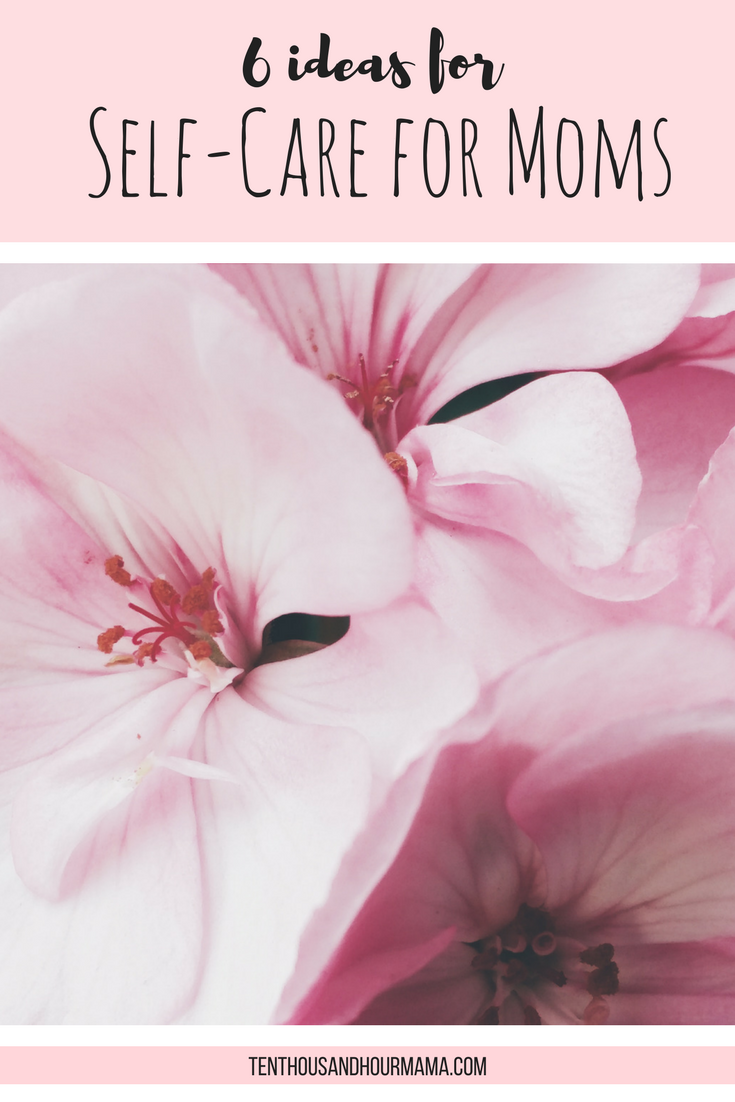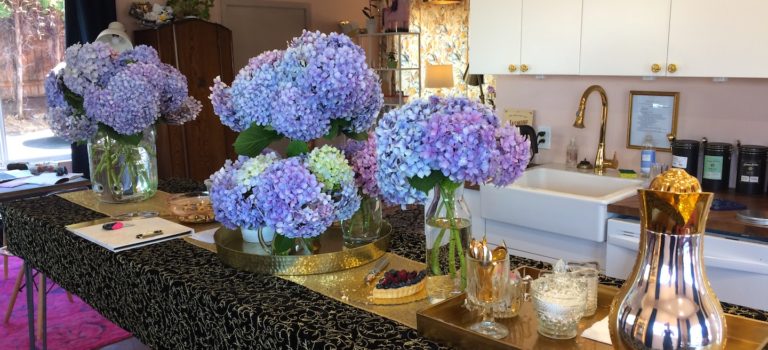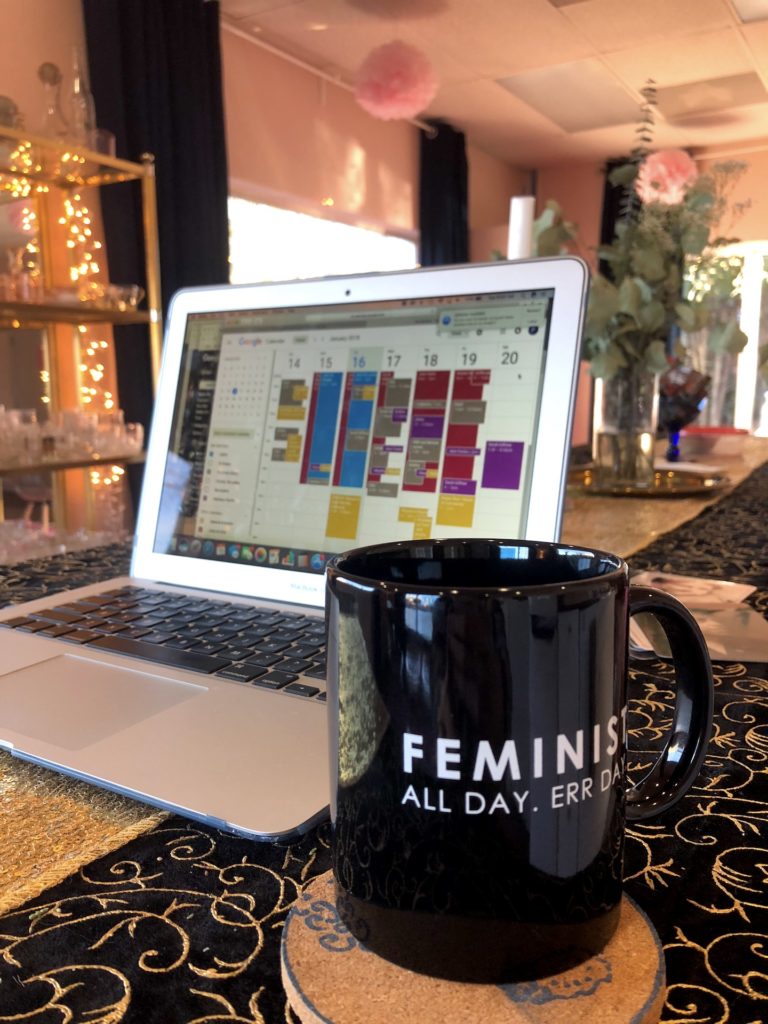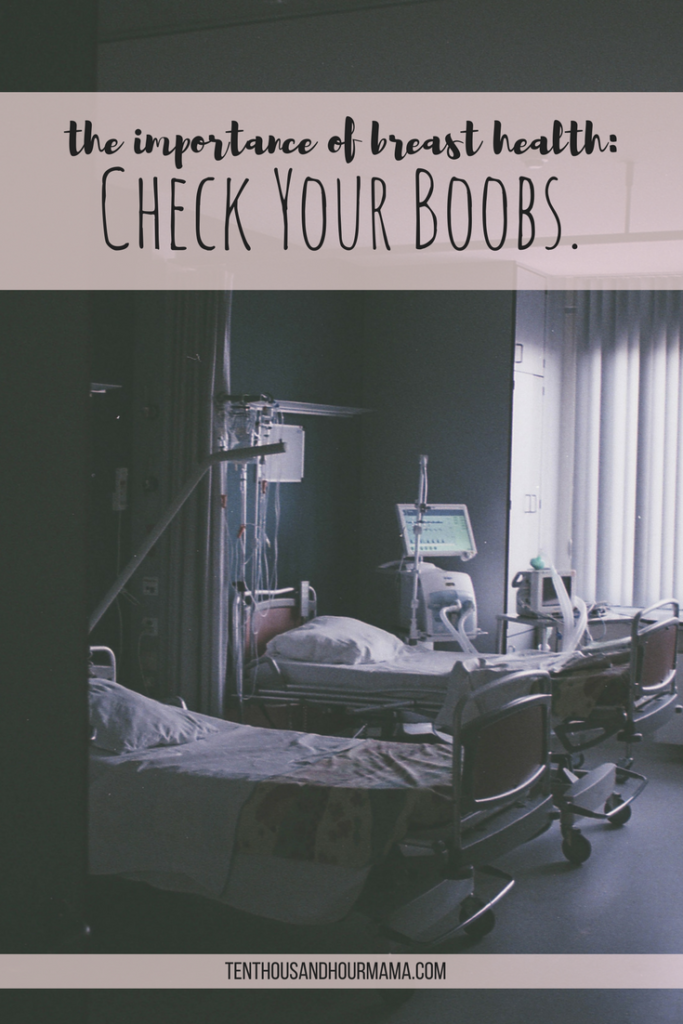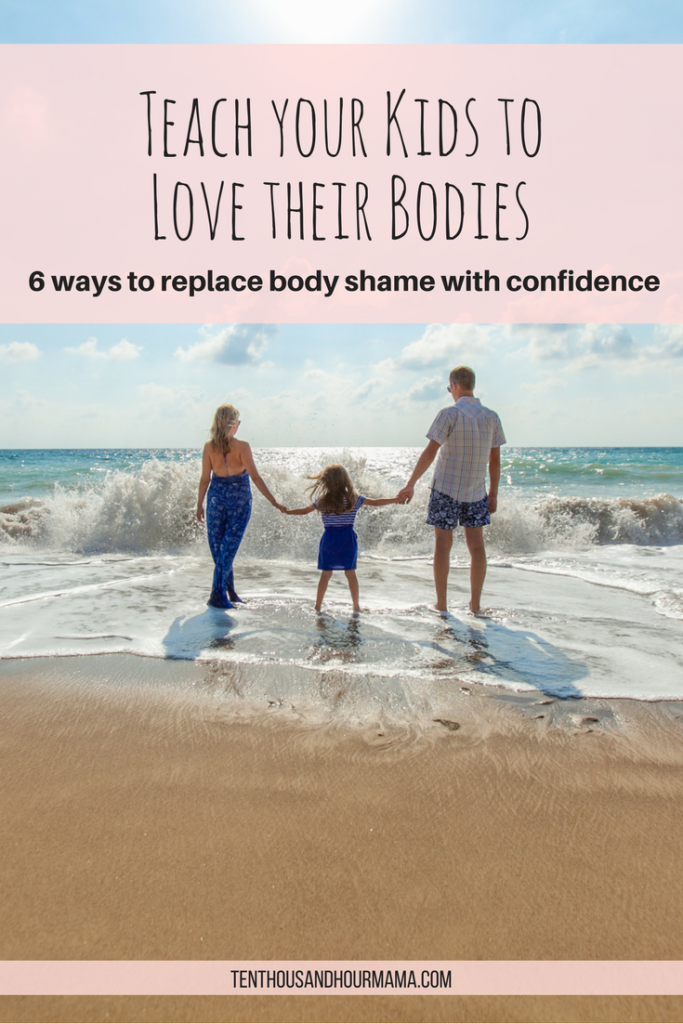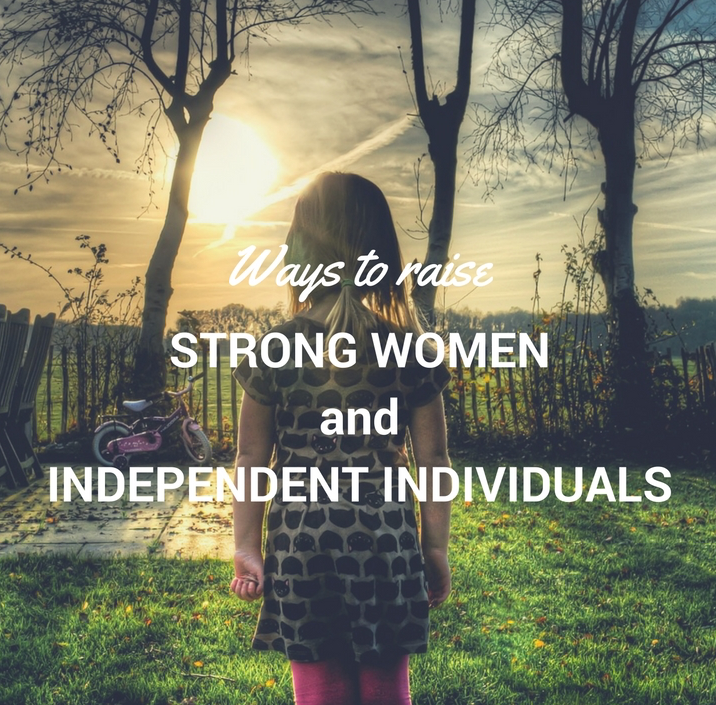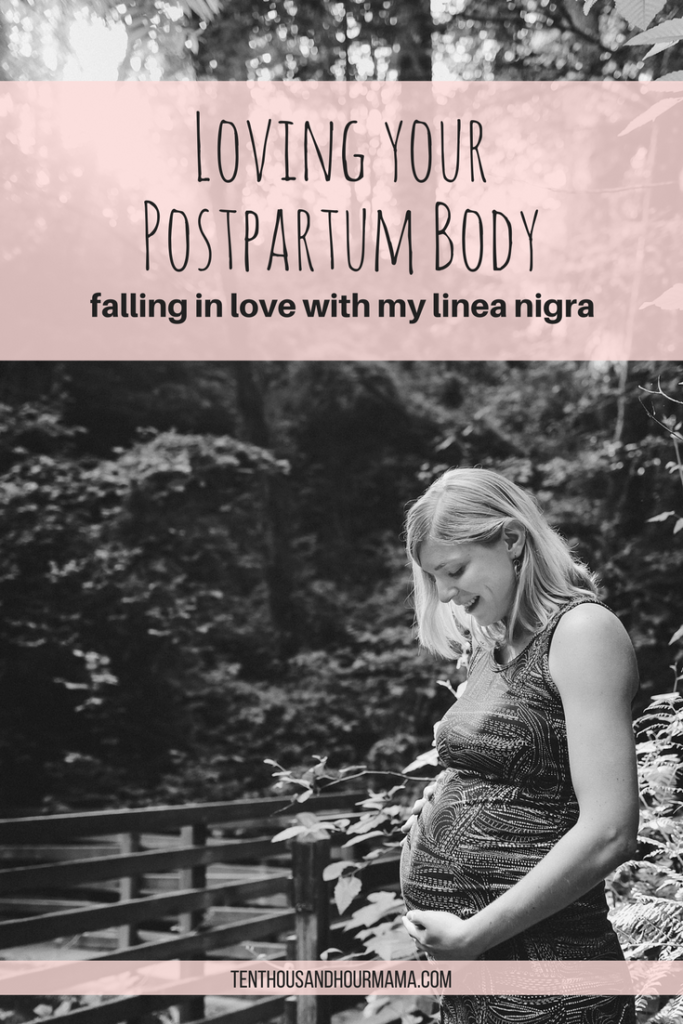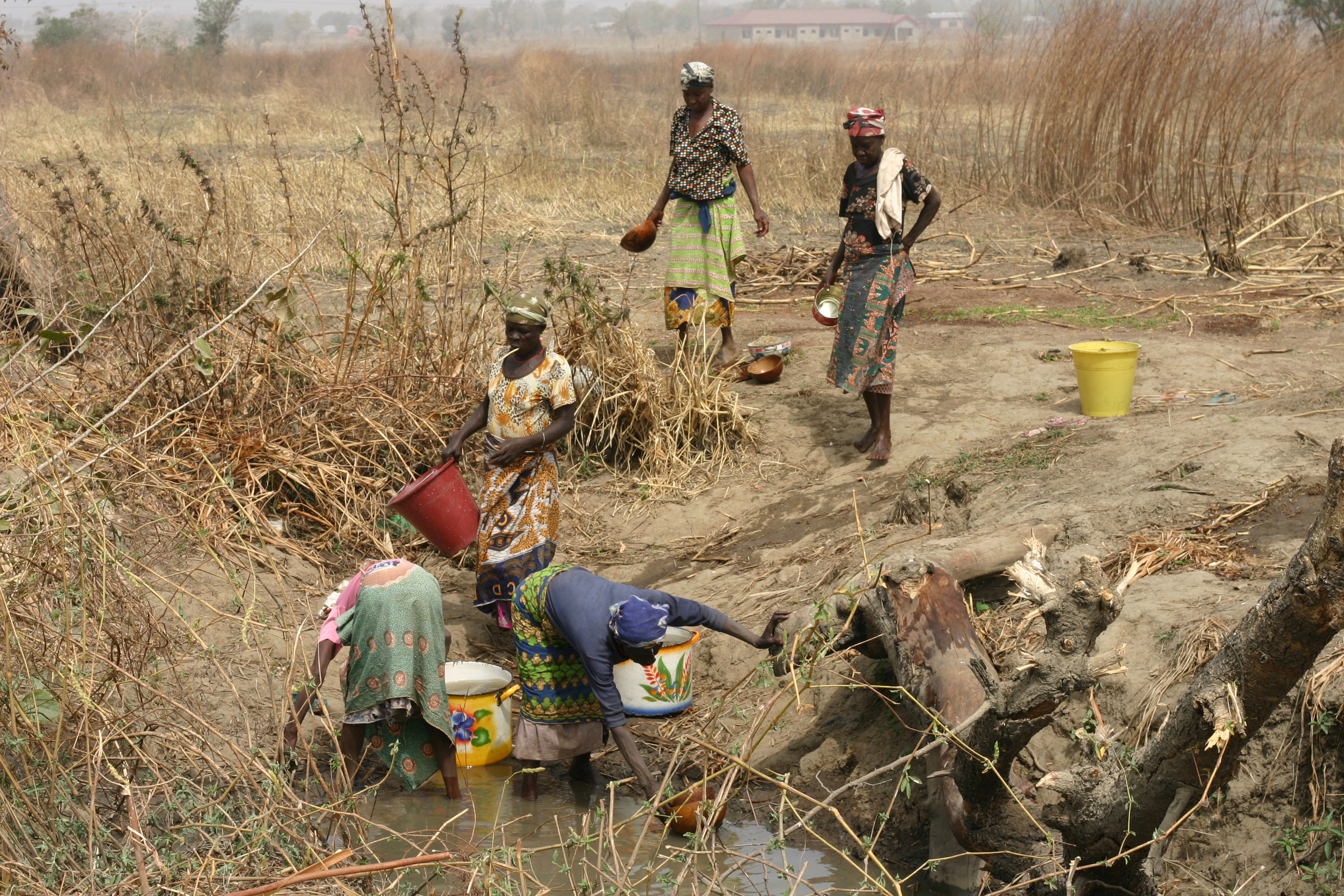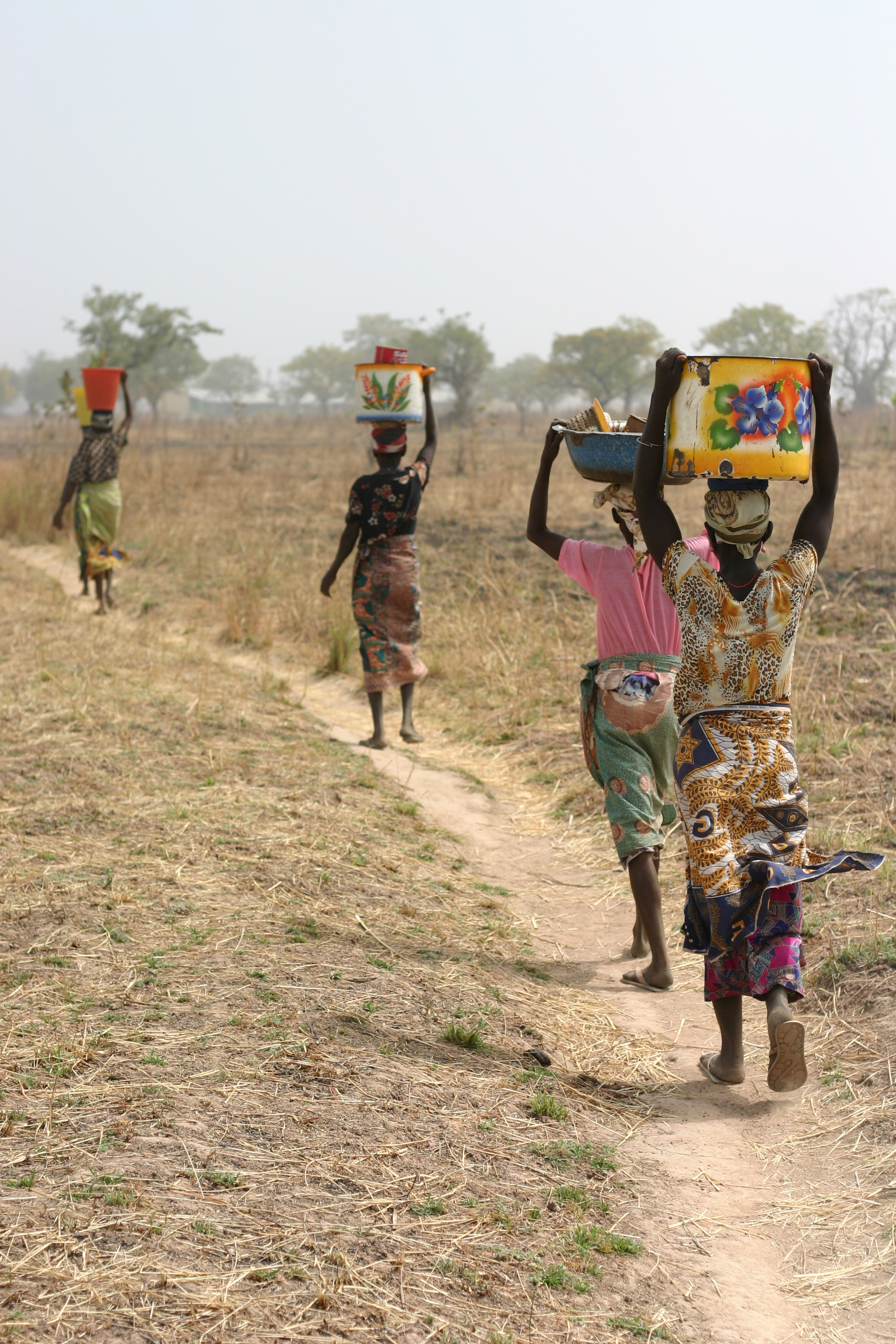At the beginning of February, I wrote about how I was feeling exhausted—physically, mentally and emotionally. So I made it my monthly resolution to restore and replenish. It’s been just a month since then, which isn’t a ton of time for big changes, but I can say this: I feel so much better. I feel more like myself. And I’m embracing self-care.
Meaningful change is gradual. Like crash diets or cramming for a test, intense bouts of self-reinvention rarely lead to lasting, sustained changes. What’s more, the all-out mentality isn’t exactly refreshing, is it?
So I approached my goal to restore and replenish less as a project and more of a practice in intentionality, self-reflection, self-care and even paring back.
The result: I feel more energized (even though I’m still tired—I blame nearly three years of raising a terrible sleeper). I feel happier. I feel more in touch with those I love. I feel more like myself.
These are the 6 things that helped me get here. I know that self-care isn’t a one-time deal; self-care is an ongoing practice to treat yourself as well as you treat others. So I’ll check in on this post going forward to remind myself of the things that helped me feel more like myself. I hope they help you, too.

